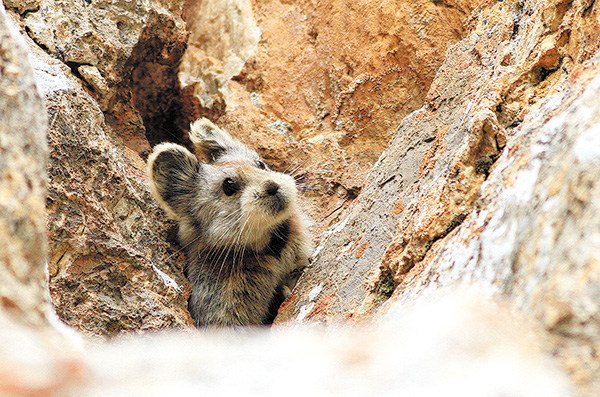

For Li, it's a proper solution to balance economic development and ecological protection, and an actual demonstration to show how difficult it is to convert the concept into practice.
He's relieved and proud that they managed it with joint effort, and that in face of frequent doubt, misunderstanding, disregard and rebuke over the decades, he has always stayed true to his principles.
Over the past 10 years, woodland, grassland, wetland, rivers and lakes, as well as other land types with strong ecological function in Xinjiang, have increased by 7.5 million hectares, according to the regional government.
"Great improvement has taken place in regard to Xinjiang's ecological situation. With more wildlife being observed, the way people and nature coexist is changing," Li says, adding that he feels, in recent years, carrying out work has been much smoother, and his decades of effort has yielded good results.
Born and raised in the Ili Kazak autonomous prefecture, Li recognizes Xinjiang's magnificent landscapes and abundant biodiversity resources, while understanding the urgent demand for development. Without better economy and infrastructure, talk of ecological and environmental protection, especially in deserted regions, would be meaningless.
"We have to be really down-to-earth and, step by step, shoulder to shoulder, find the balance point to achieve a win-win result," Li says.